Protein is important for building muscles, staying strong, and living a healthy life. Many people believe that protein only comes from meat, eggs, or dairy. But that’s not true. In fact, India is full of protein-rich plant-based foods that are healthy, affordable, and easy to find.
Whether you are a vegetarian, vegan, or just trying to eat less meat, you can get enough protein from plants. This article will guide you through the best plant-based protein sources in India, their benefits, and how to add them to your daily meals.
Why Choose Plant-Based Protein?
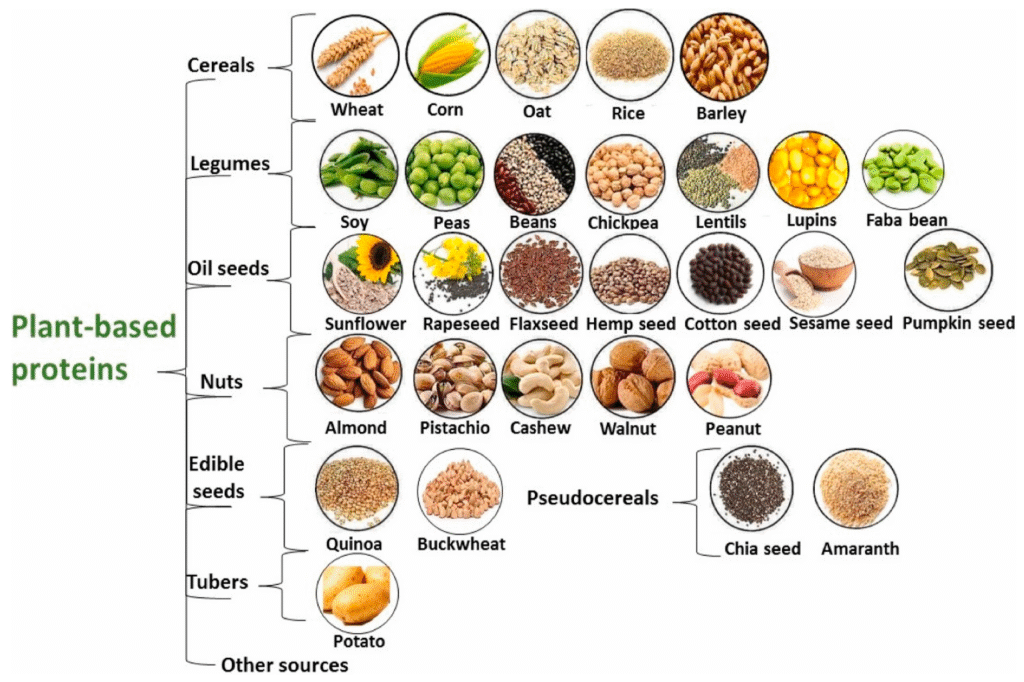
Switching to a plant-based diet is good for your body and the planet. Here’s why:
- Better heart health: Plant foods are low in cholesterol and saturated fat.
- Weight management: High-fiber foods help you stay full for longer.
- Lower risk of diabetes: Whole grains and legumes improve blood sugar control.
- Easy digestion: Natural fiber keeps your stomach clean and active.
- Eco-friendly: Growing plants uses less water and land than raising animals.
If you’re looking to build lean muscle, lose fat, or stay fit with clean food, plant-based protein is your best friend.
Also Read How to Start a Plant-Based Diet in India
Top 10 Plant-Based Protein Foods in India
These are the most popular and protein-rich plant foods that are easy to find in any Indian kitchen.
1. Lentils (Dal)
Lentils are a traditional Indian food packed with protein. You’ll find many kinds like:
- Masoor (red lentils)
- Moong (yellow or green)
- Toor (arhar)
- Urad (black gram)
Protein content: Around 9 grams per cooked cup.
Tip: Mix dal with brown rice or roti for a balanced, complete protein meal.
2. Chickpeas (Chana)
Chickpeas, also called chole or kabuli chana, are great in curries, chaats, and salads.
Protein content: Around 15 grams per cooked cup.
You can also eat black chana, which is high in protein and fiber. Roast them for a crunchy snack.
3. Kidney Beans (Rajma)
Rajma is not just tasty, it’s also rich in plant-based protein and iron.
Protein content: About 13-15 grams per cooked cup.
Pair rajma with rice or quinoa for a hearty, protein-rich Indian meal.
4. Soy Products
Soy is a complete protein, meaning it has all nine essential amino acids. It is perfect for muscle building and fitness.
Popular soy-based options:
- Soy chunks (soya badi)
- Tofu (soy paneer)
- Tempeh
- Soy milk
Protein content: 36 grams per 100 grams of raw soybeans; 15–20 grams in tofu or chunks.
Tip: Add tofu to stir-fries or soy chunks to curries and pulao.
5. Quinoa
Quinoa is a seed, but it cooks like a grain. It is one of the few plant foods that offer complete protein.
Protein content: 8 grams per cup of cooked quinoa.
It’s perfect for salads, bowls, and even as a rice replacement.
6. Peanuts and Peanut Butter
Peanuts are one of the best and cheapest protein snacks in India.
Protein content: 25 grams per 100 grams.
Use natural peanut butter on toast or in smoothies. Avoid versions with sugar and palm oil.
7. Nuts and Seeds
Nuts and seeds are rich in healthy fats, fiber, and protein. Try:
- Almonds
- Walnuts
- Flax seeds
- Chia seeds
- Sunflower seeds
- Pumpkin seeds
Protein content: Varies from 5 to 10 grams per handful.
Tip: Add to your breakfast, smoothies, or evening snacks.
8. Moringa Leaves (Drumstick Leaves)
Moringa is a superfood in India. It is rich in protein, calcium, iron, and antioxidants.
Protein content: 9 grams per 100 grams of fresh leaves.
You can make moringa paratha, soup, or add it to sabzis.
9. Amaranth (Rajgira)
Amaranth is a high-protein grain used in fasting foods in India.
Protein content: 9 grams per cup of cooked grain.
Try it as porridge, laddoos, or chapatis.
10. Green Peas
Green peas are sweet, tasty, and surprisingly rich in protein.
Protein content: 8 grams per cup.
Great for curries, pulao, and even cutlets.
How to Get Complete Protein from Plants
Some plant proteins are not “complete,” meaning they don’t have all the amino acids. But this is easy to fix.
Here’s how:
- Combine rice and dal
- Eat chapati with hummus or peanut butter
- Mix grains and legumes in one meal (like khichdi)
When you eat a mix of foods throughout the day, your body gets everything it needs.
Tips to Boost Plant Protein Intake
- Start your day with protein: Have dal chilla, peanut butter toast, or tofu paratha for breakfast.
- Snack smart: Roasted chana, trail mix, or soya sticks are great.
- Add seeds to everything: Sprinkle flax or chia on curd, salads, and smoothies.
- Try vegan protein powders: Use pea or rice protein in shakes if needed.
- Plan your meals: Include one dal or legume-based dish in lunch and dinner.
Sample High-Protein Plant-Based Indian Meal Plan
Breakfast: Oats with soy milk, banana, chia seeds
Mid-morning: Roasted black chana + fruit
Lunch: Rajma chawal with salad
Snack: Almonds + peanut butter toast
Dinner: Tofu bhurji + roti + sabzi
Post-dinner: Warm almond milk
FAQs: Plant-Based Protein in India
Q1: Can I build muscle on a plant-based diet?
Yes. Many Indian athletes and bodybuilders follow a vegan or plant-based lifestyle. Use protein-rich foods like lentils, soy, and quinoa, and exercise regularly.
Q2: Are plant proteins enough for daily needs?
Yes. If you eat a variety of plant-based foods, you can meet your daily protein needs easily.
Q3: Is soy safe to eat every day?
Yes, in moderate amounts. Soy is safe and healthy. Choose non-GMO soy products and avoid over-processed items.
Q4: What if I feel tired on a plant-based diet?
You might need to check your iron or vitamin B12 levels. Include iron-rich foods and take B12 supplements if needed.
Q5: Are protein supplements necessary?
Not always. If you eat well, you may not need them. But if you are training hard or have high needs, plant-based powders can help.
Final Thoughts
India is rich in plant-based protein sources. From simple dals to powerful seeds, there are many tasty and healthy ways to fuel your body without meat or dairy. A plant-based diet in India is not just possible—it’s powerful, affordable, and rooted in our food culture.
Start slow. Replace one meal a day. Mix and match foods. Over time, your body will thank you.
Strong muscles and a healthy life can grow from plants—start today.
Author- Ayush

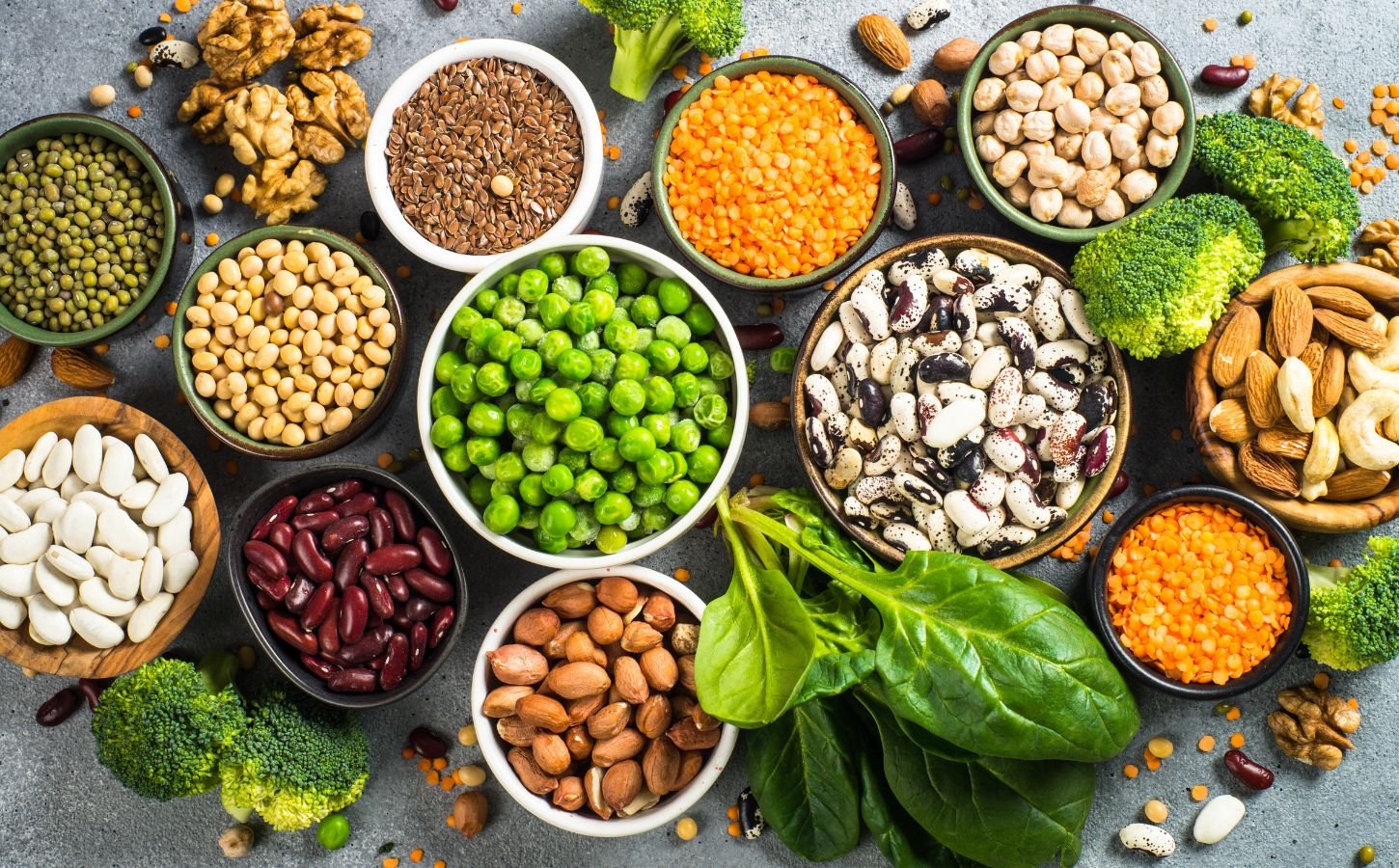

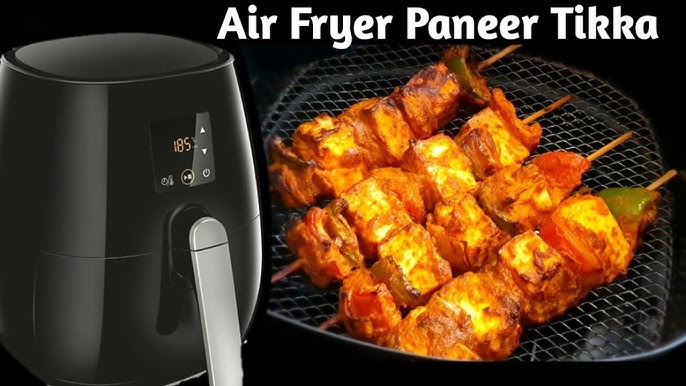
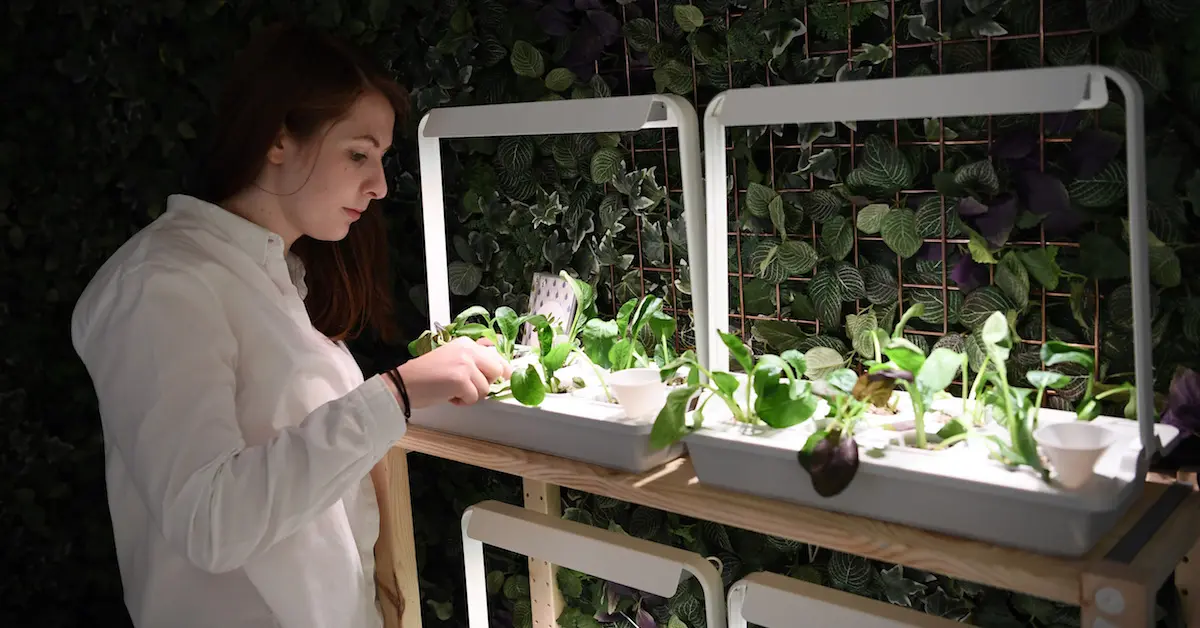
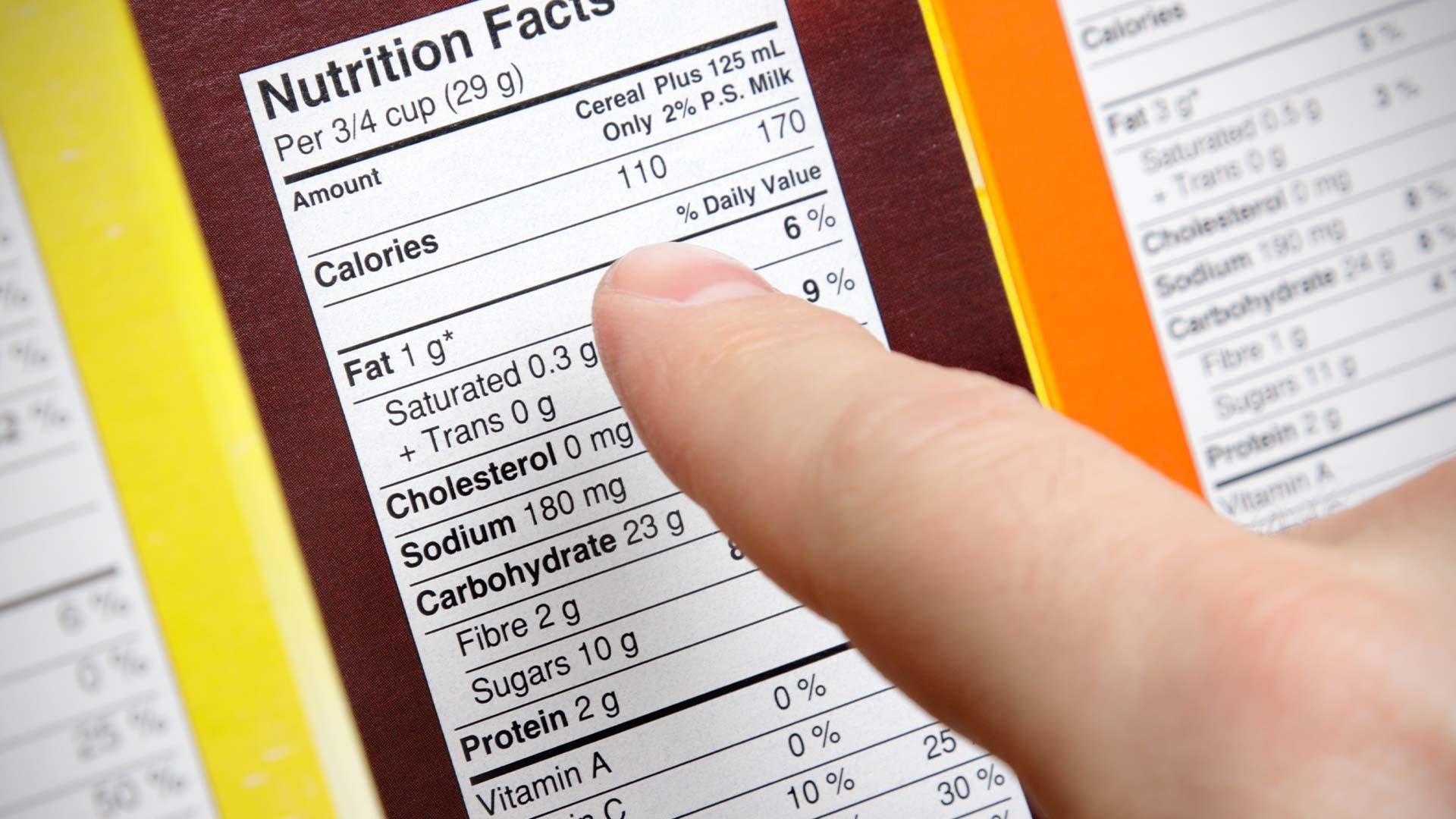

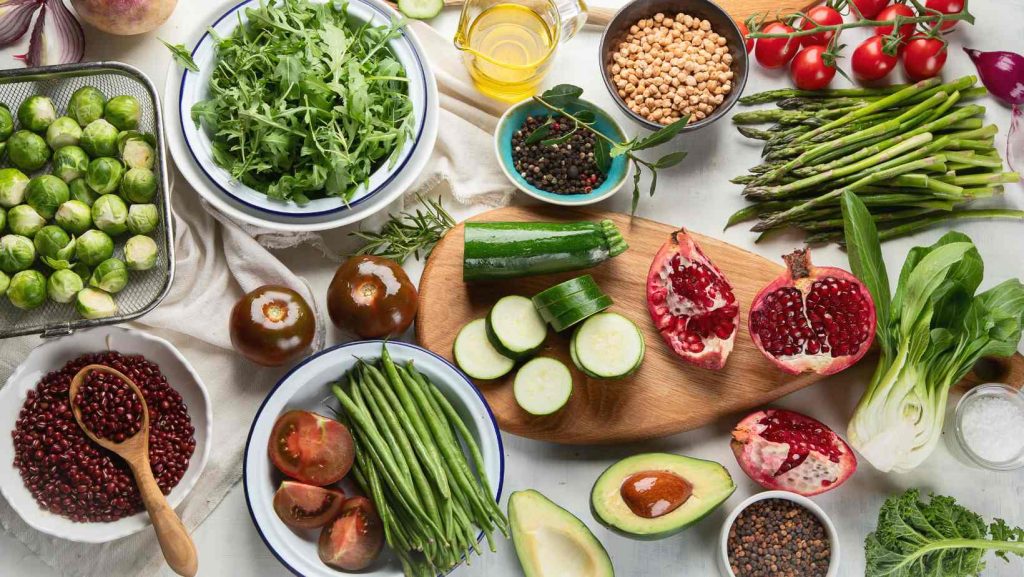

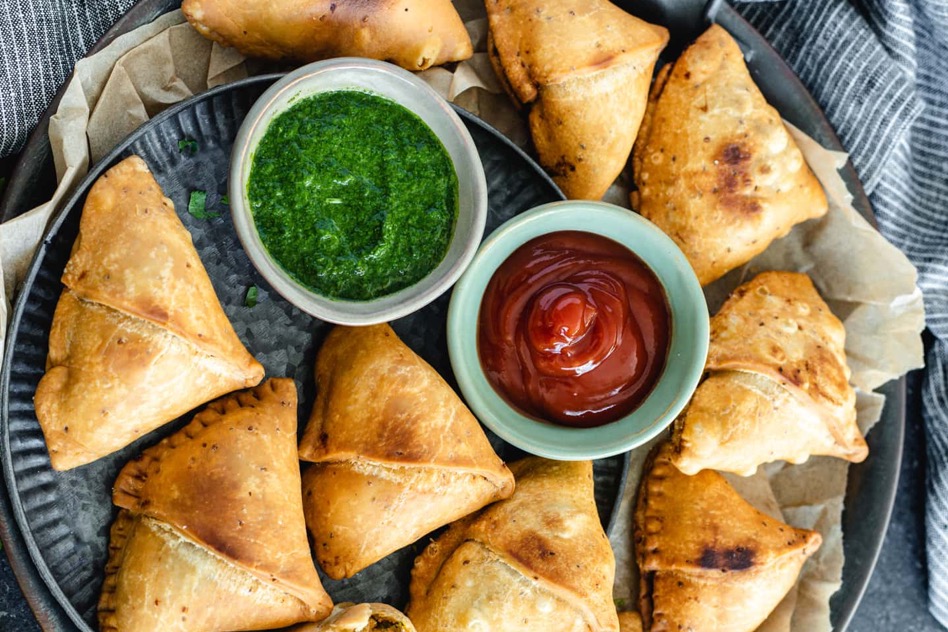
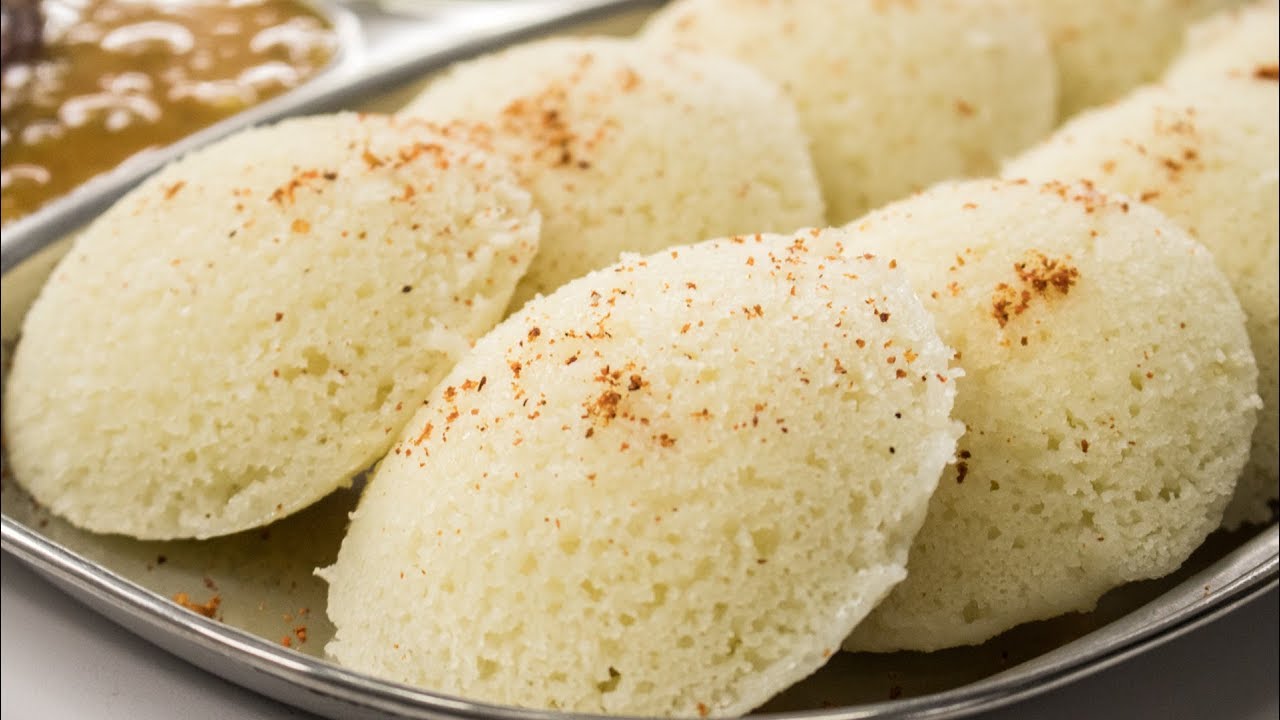

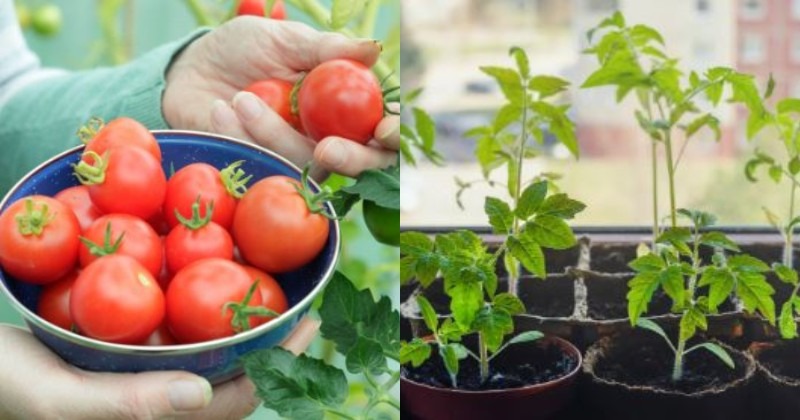
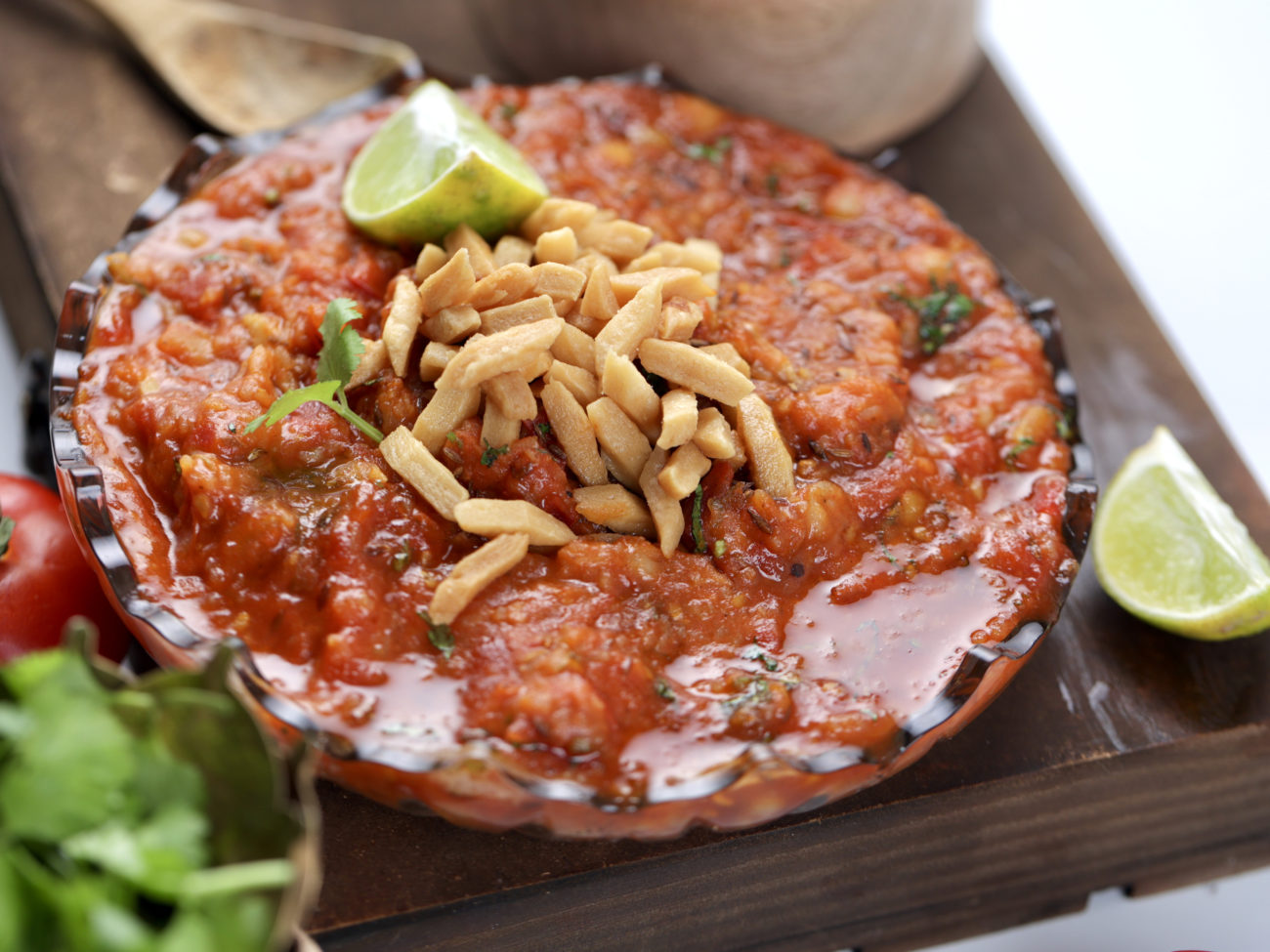
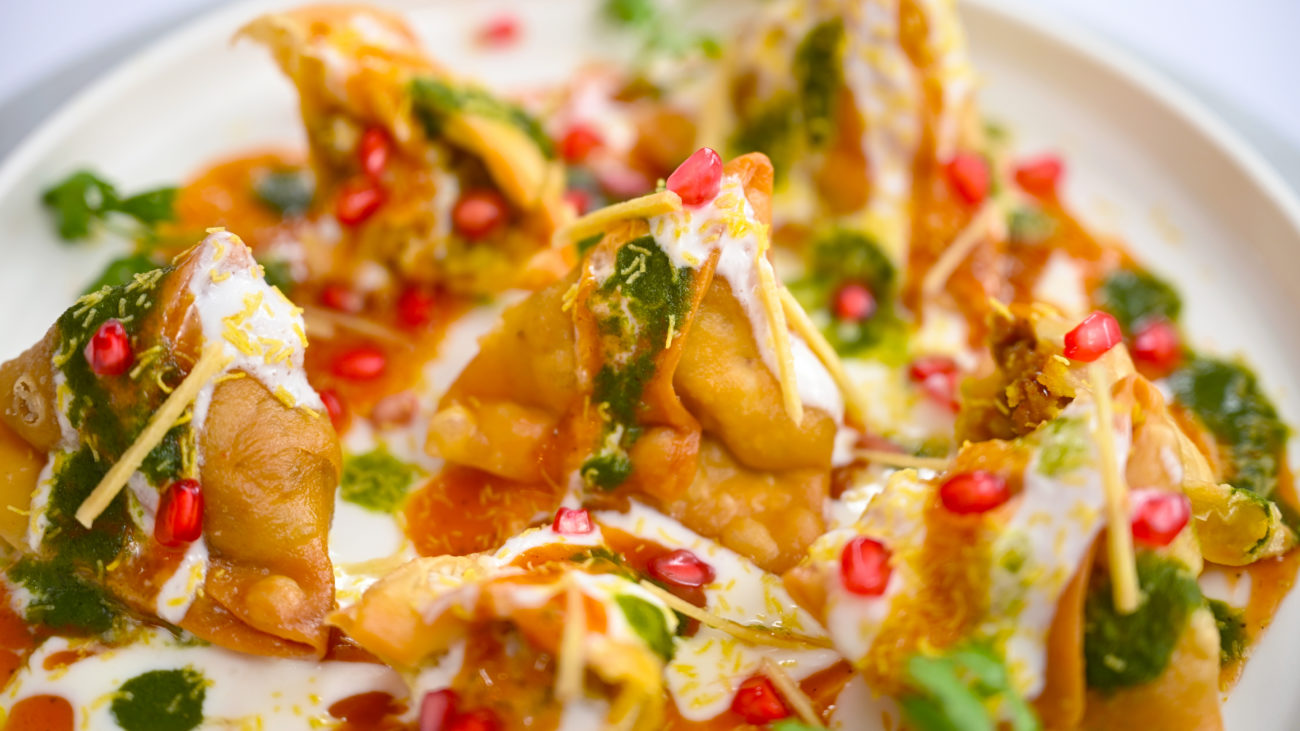
1 thought on “Power Up with Plants: Best Plant-Based Protein Sources in India”